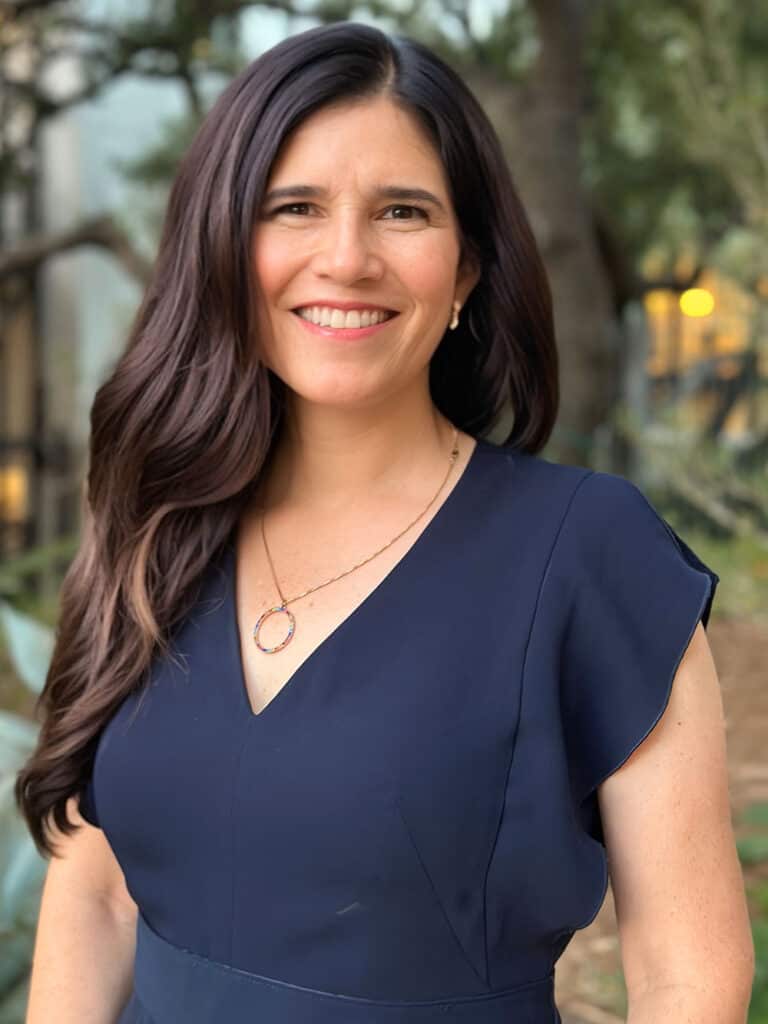“Ratings of the Effectiveness of 13 Therapeutic Diets for Autism Spectrum Disorder”
Presenting the results of our study… and Q&A
Authors of the study
Julie Matthews, MS
 Julie Matthews is a Certified Nutrition Consultant with a masters degree in medical nutrition. She’s a published researcher and award-winning author specializing in complex neurological, immune, and digestive disorders, most notably autism, for more than 20 years.
Julie Matthews is a Certified Nutrition Consultant with a masters degree in medical nutrition. She’s a published researcher and award-winning author specializing in complex neurological, immune, and digestive disorders, most notably autism, for more than 20 years.
Her approach is based upon scientific research and applied clinical experience to address the underlying biochemistry and BioIndividual Nutrition® needs of each person.
- Nourishing Hope (parents) https://nourishinghope.com
- BioIndividual Nutrition Institute (professionals) https://bioindividualnutrition.com
James B. Adams, PhD
 James Adams is a President’s Professor at Arizona State University where he leads the Autism/Asperger’s Research program with focus on biomedical issues, including nutritional deficiencies, heavy metal toxicity and bacterial/yeast overgrowths in the gut.
James Adams is a President’s Professor at Arizona State University where he leads the Autism/Asperger’s Research program with focus on biomedical issues, including nutritional deficiencies, heavy metal toxicity and bacterial/yeast overgrowths in the gut.
- Autism Nutrition Research Center. http://autismnrc.org
- Gut-Brain Axis Therapeutics: https://gutbrainaxistherapeutics.com
- ASU Autism/Aspergers Research Program https://autism.asu.edu/
CLICK to read the study
Questions & Answers
- 00:20 – Can you expand on what a “healthy diet” meant for the study?
- 2:30 – How would you recommend implementation of these diets with very selective eaters?
- 7:30 – Does following a certain diet, help the fmt treatment “graft” better?
- 8:30 – We’re people with autism of all “levels of functioning”included in this study?
- 9: 15 – Can you please provide feedback on how this may apply to adults on the spectrum?
- 12:15 – Which diets were included in the study, and which were not? (i.e. GAPS, Low Oxalate)
- 13:30 – What’s the best diet for… aggression? Constipation? Language?
- 16:20 – How long did the participants stay on a particular diet to see a benefit?
- 17:30 – How long to remove gluten and casein protein from the body after a child is weened from it?
- 19:20 – For the corn-free diet, did your responders differentiate between organic and conventional?
- 20:20 – Can you explain your theory on why gluten free only or Casein free only worked better than GFCF?
- 22:15 – Is it useful to trial a GF diet separately from CF?
- 26:30 – Are there tests, such as blood, urine or stool that would point in the direction to choose the right diet?
- 30:30 – How long do you try a diet until you decide if it works or not?
- 35:00 – Dr Adams, please tell us more about the app and how to view the results of the study
Questions & Answers ENCORE
- 2:30 Do dietary changes affect autism spectrum itself, or do they alleviate concurrent issues like allergies, microbiome, etc.. while preserving neurodiversity?
- 7:20 Question about how the “symptom improvement” statistic was calculated in the study
- 10:00 How to know if the reduction in symptoms was the result of a specific diet, and not simply any therapeutic diet?
- 10:50 My child is on Failsafe diet, it helps with his hyperactivity. Is there a chance I can wean him off the diet? (is there the possibility he won’t need the diet in the future?)
- 15:45 What was the age range in the study? Do these diets help adults?
- 18:00 How do you motivate parents and caregivers to explore these diets?
- 20:45 How can a parent decide which diet?
- 23:20 Do children improve faster than adults? (can adults see benefit just as quickly?)
- 25:45 Any feedback or findings on the Low Oxalate Diet? How about the Carnivore Diet?
- 30:30 Which diets best improved mental health symptoms? (anxiety…and more)
- 33:00 Where does an adult with high functioning autism start?
- 37:00 Can lab testing help in figuring out which diet is most helpful?
- 39:50 Please define a “healthy diet” in the study?
- 40:40 Please explain the App and how to compare treatment results
- 42:50 Do you have plans for future diet intervention studies?
- 45:30 What was the connection between diet strictness, and results?
- 46:50 How long did people stay on the diet prior to reporting improvement?
- 49:00 How log to follow a diet to determine if it is effective?
- 51:15 What is someone has multiple issues, but the diets that match them are different?
- 56:30 Which diet does Dr. Adams advise his autism family participants to do?




